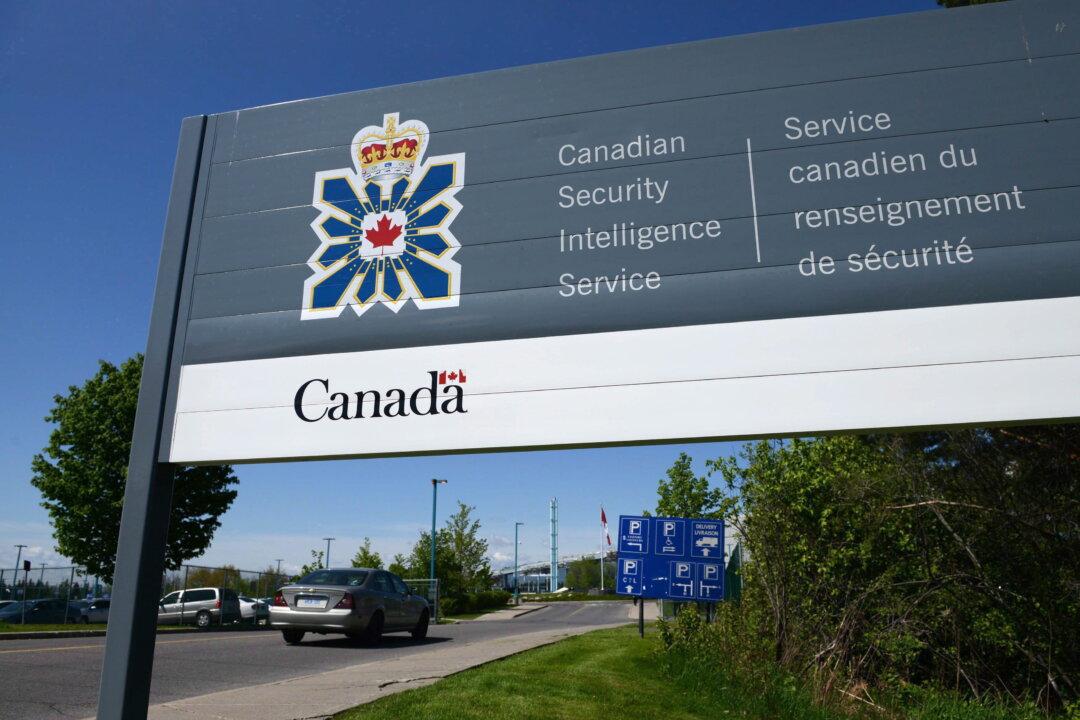The Business Council of Canada is calling on the government to address the economic security threats posed by malign state actors, including China, Russia, Iran, and North Korea. It also advised Ottawa to grant its intelligence agency the authority to share crucial information with private firms facing foreign interference.
Composed of Canada’s foremost business leaders, the council issued a stark warning through a report published on Sept. 7. The report noted that successive Canadian governments have either overlooked, underestimated, or outright neglected this principle that economic security is national security.





